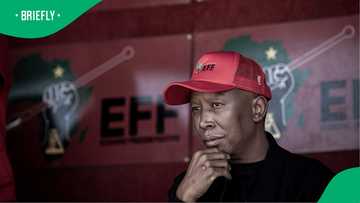Parliamentary Sitting Descends Into Chaos, SA Divided As Members Removed for Disrupting Proceedings
- Chaos erupted in a Parliamentary sitting on 27 May 2025, as proceedings were marred by numerous delays
- The Economic Freedom Fighters took issue with Deputy Speaker of Parliament, Dr Annelie Lotriet
- South Africans weighed in on the removal of numerous members, with some agreeing with the decision
Don't miss out! Join Briefly News Sports channel on WhatsApp now!
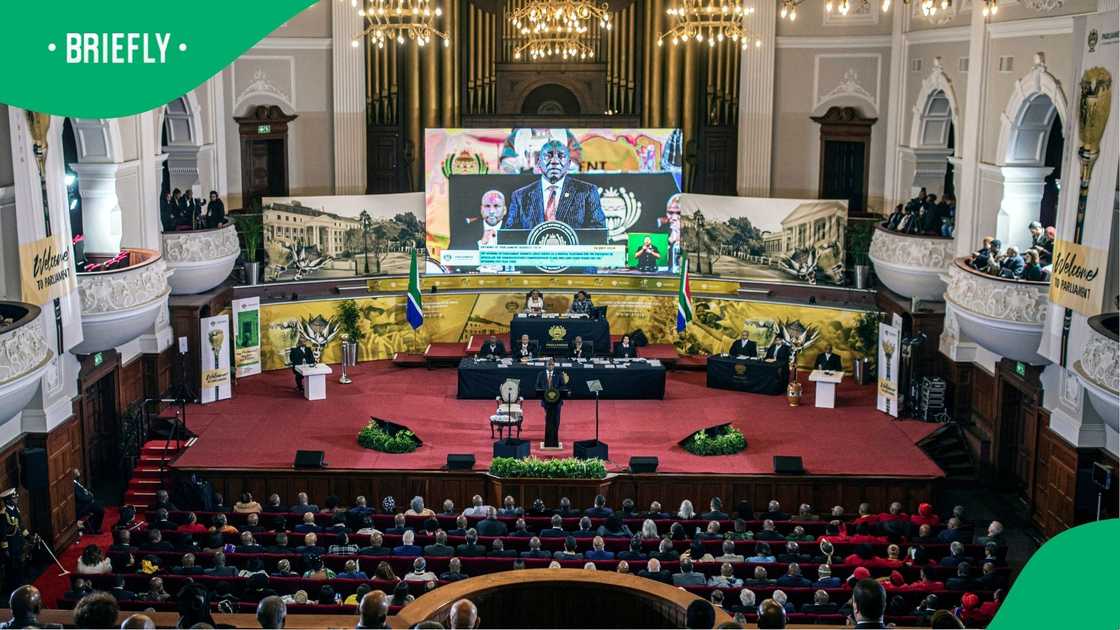
Source: Getty Images
Briefly News journalist Byron Pillay has dedicated a decade to reporting on the South African political landscape, crime, and social issues. He spent 10 years working for the Northern Natal Courier before transitioning to online journalism.
WESTERN CAPE – A question-and-answer session with President Cyril Ramaphosa turned chaotic as political parties disrupted proceedings.
The president was addressing Parliament for the first time since he returned from his trip to the United States of America, where he met with US President Donald Trump.
But proceedings didn’t go as planned due to numerous objections, raised tensions and shouting matches.
PAY ATTENTION: Briefly News is now on YouTube! Check out our interviews on Briefly TV Life now!
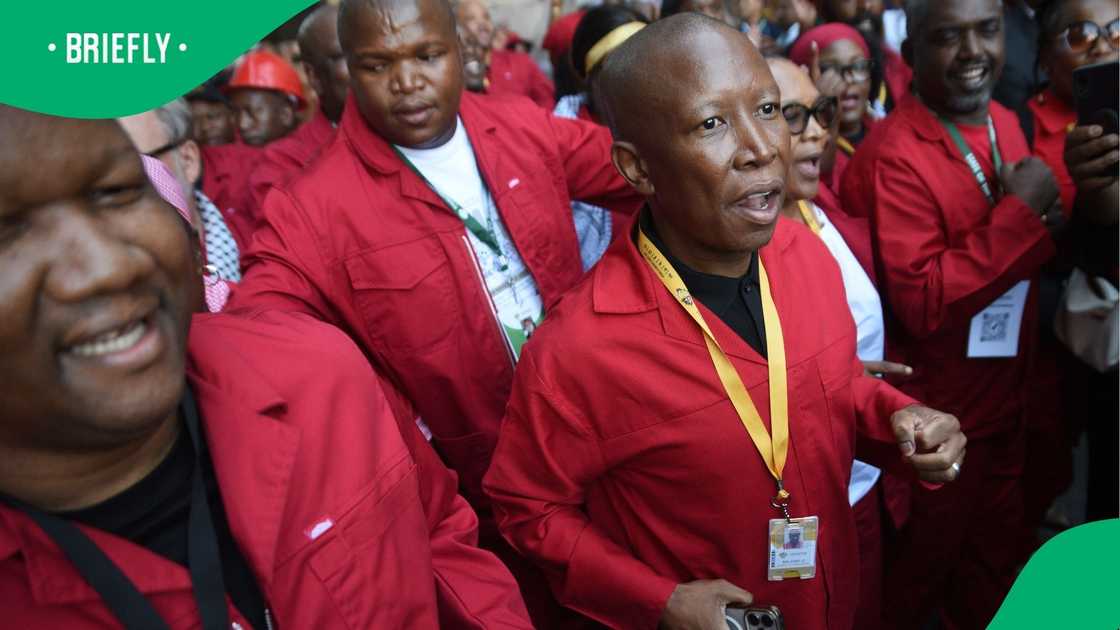
Source: Getty Images
Members of Parliament removed from sitting
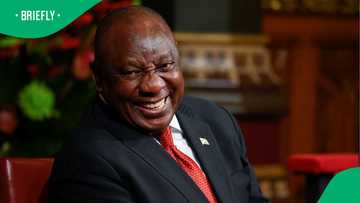
Read also
President Cyril Ramaphosa jokes about trauma of Donald Trump meeting, reminded of it in Parliament
While Ramaphosa attempted to field questions about the high cost of living, policies implemented by the Government of National Unity (GNU), and even the R1 trillion set aside for infrastructure, he had to deal with delays as Members of Parliament (MPs) disrupted proceedings with points of order.
Deputy Speaker of Parliament, Dr Annelie Lotriet, frequently had to try and restore order during the chaotic sitting.
The Economic Freedom Fighters accused the deputy speaker of abusing her powers, as she removed a few of the party’s members for disrupting proceedings.
Omphile Maotwe and Sihle Lonzi were both asked to leave the sitting after rising on points of order, while Julius Malema also felt her wrath and was removed.
Malema took issue with Dr Lotriet asking him if he was rising on a new point of order, saying that she “mustn’t do that thing of marshalling us like she marshals her gardeners.”
You can watch that moment below.
South Africans react to the chaotic scenes
Social media users weighed in on the drama in Parliament, as some expressed unhappiness with the deputy speaker, while others felt she should have removed unruly Parliamentarians earlier.
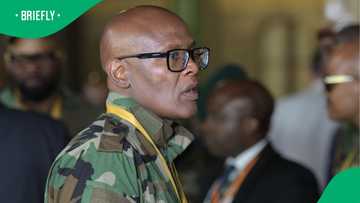
Read also
uMkhonto weSizwe Party sacks Mzwanele Manyi as Chief Whip, South Africans share their thoughts
@luyolomkentane said:
“She was not consistent in the applications of House Rules, much to the ire of the EFF.”
@incontroZA joked:
“Gogo Annelie is doing the Lord's work.”
@Jikingqina stated:
“She was too nice. The EFF members were disruptive. She should have chucked them out earlier.”
@phillibecks added:
“She must stop being nice to unruly members. She was very kind to these people by allowing them to disrupt for one hour. That was embarrassing.”
@Benni_RSA claimed:
“This speaker is racist and hates the EFF. She thinks the EFF are her girls and boys that she hired to clean her house.”
@Sibalukhul91101 said:
“The EFF will never change.”
@AMlozana added:
“Eish, these EFF guys. Just when they start making sense, they go and shoot themselves in the foot again.”
@Rain_Drops_20 stated:
“They raised good points, but the EFF is childish. I myself voted for them, but seeing how they handle themselves is a bit childish. I wouldn’t mind if this party falls apart.”
What you need to know about the South African parliament
In South Africa’s democracy, parliament holds real power. It’s where laws are made, leaders are chosen, and public concerns are debated. Members of Parliament (MPs) are elected to speak for the people and answer to them.
National elections are held every five years to form a new Parliament. Each term is numbered: the first democratic Parliament was elected in 1994, followed by the second in 1999 and the third in 2004.
Parliament has two parts, the National Assembly and the National Council of Provinces. They have separate duties but often work together when needed. All legislative power rests with Parliament. It’s the engine room for passing laws, selecting the President, and airing national issues in public view.
The National Assembly is tasked with holding the executive to account, monitoring its actions and ensuring transparency.
The National Council of Provinces (NCOP) plays a different role. It protects the interests of the provinces at the national level. This includes participating in the law-making process and serving as a platform for public debate on issues that affect provinces directly.
Ramaphosa reminded of Trump meeting in Parliament
In a related article, President Ramaphosa was reminded of his meeting with Trump during a Parliamentary sitting.
The president joked about feeling abused in a chaotic Parliamentary session, which ended without being completed.
The EFF's Sinawo Thambo then stated that the president didn't say that when Trump abused him in the White House.
PAY ATTENTION: Follow Briefly News on Twitter and never miss the hottest topics! Find us at @brieflyza!
Source: Briefly News


